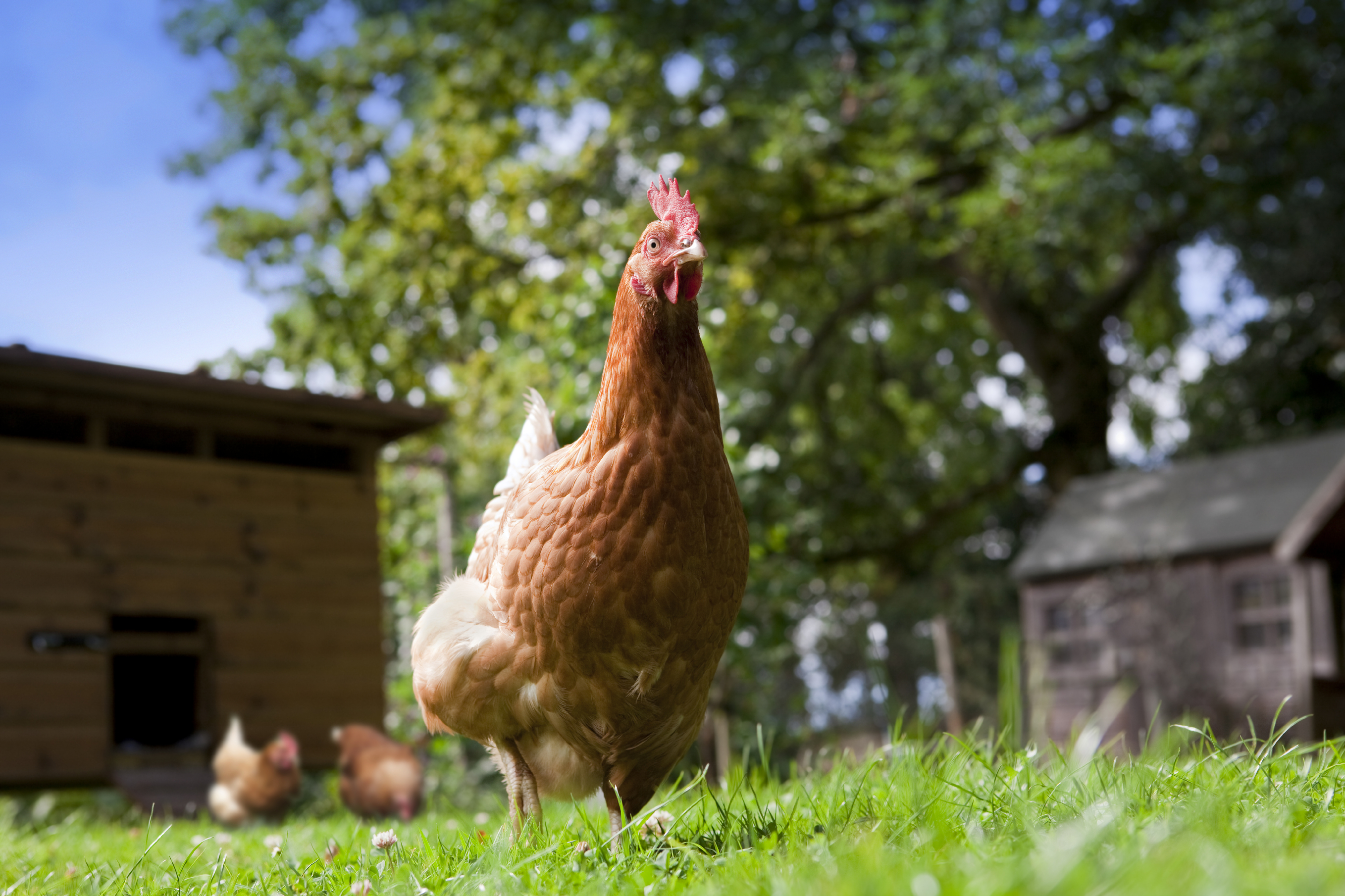Virginia Cooperative Extension provides tips on protecting bird flocks from avian flu

Virginia Cooperative Extension is reminding people with backyard chickens and small commercial flocks to remain vigilant to protect their animals from the avian flu.
To date the current outbreak includes two strains of the virus known as H5N2 and H5N8, neither of which has spread to Virginia. Its closest proximity to the commonwealth has been in wild birds in Kentucky and a backyard flock in Indiana. It is not thought to be a threat to human health.
However, agricultural authorities are requesting that backyard, hobbyist, and small, local poultry producers take precautions to prevent the flu from spreading to Virginia.
The disease is spread through migratory birds that travel on overlapping flyways — major and minor routes used by wild birds which allow the virus to spread quickly over the globe. So far no avian flu has been found in the Atlantic Flyway, the route that passes over Virginia, but the risk will continue into the fall as birds that have been in summer ranges fly south for the winter.
“This is a disease that can move very quickly and it’s a tremendous catastrophe if a flock becomes infected because there is no way to treat the disease except for destroying the infected flocks,” said Mike Persia, Extension poultry specialist and assistant professor of animal and poultry sciences in the College of Agriculture and Life Sciences. “It’s not here now but that doesn’t mean it won’t be here tomorrow.”
Some warning signs of the avian flu in poultry include:
- sudden high mortality rate of 50-70 percent;
- reduced feed intake;
- reduced egg production and misshapen eggs;
- swelling of the face and hocks;
- and sneezing, coughing, and nasal discharge.
In order to prevent the spread of avian flu, agricultural specialists and authorities caution backyard, hobbyist, and small-scale poultry producers to practice basic biosecurity by doing the following:
- Protect flocks from wild birds by putting them in a coop if possible.
- Cover any exposed feed and water sources that your flock uses. Don’t let domestic birds have access to streams or ponds.
- Limit exposure to other birds. Seal structures where birds nest and cover holes. If birds have outside access, cover the area to reduce exposure.
- Do not use wild bird feeders or birdbaths that would attract other birds to areas that house poultry.
- If you hunt migratory birds you risk exposing your flock to the virus. Have dedicated footwear and equipment that is only used on your poultry flock.
- Contact the Virginia Department of Agriculture and Consumer Services at 804-786-2483 to test deceased birds or visit their website for more information.
Written by Amy Loeffler.




